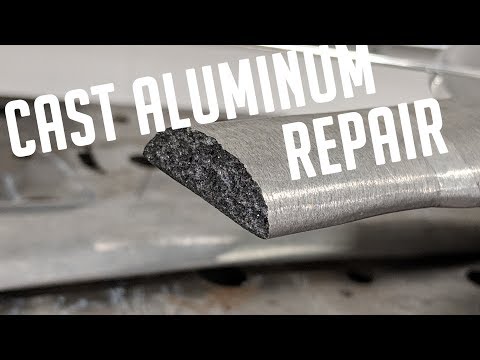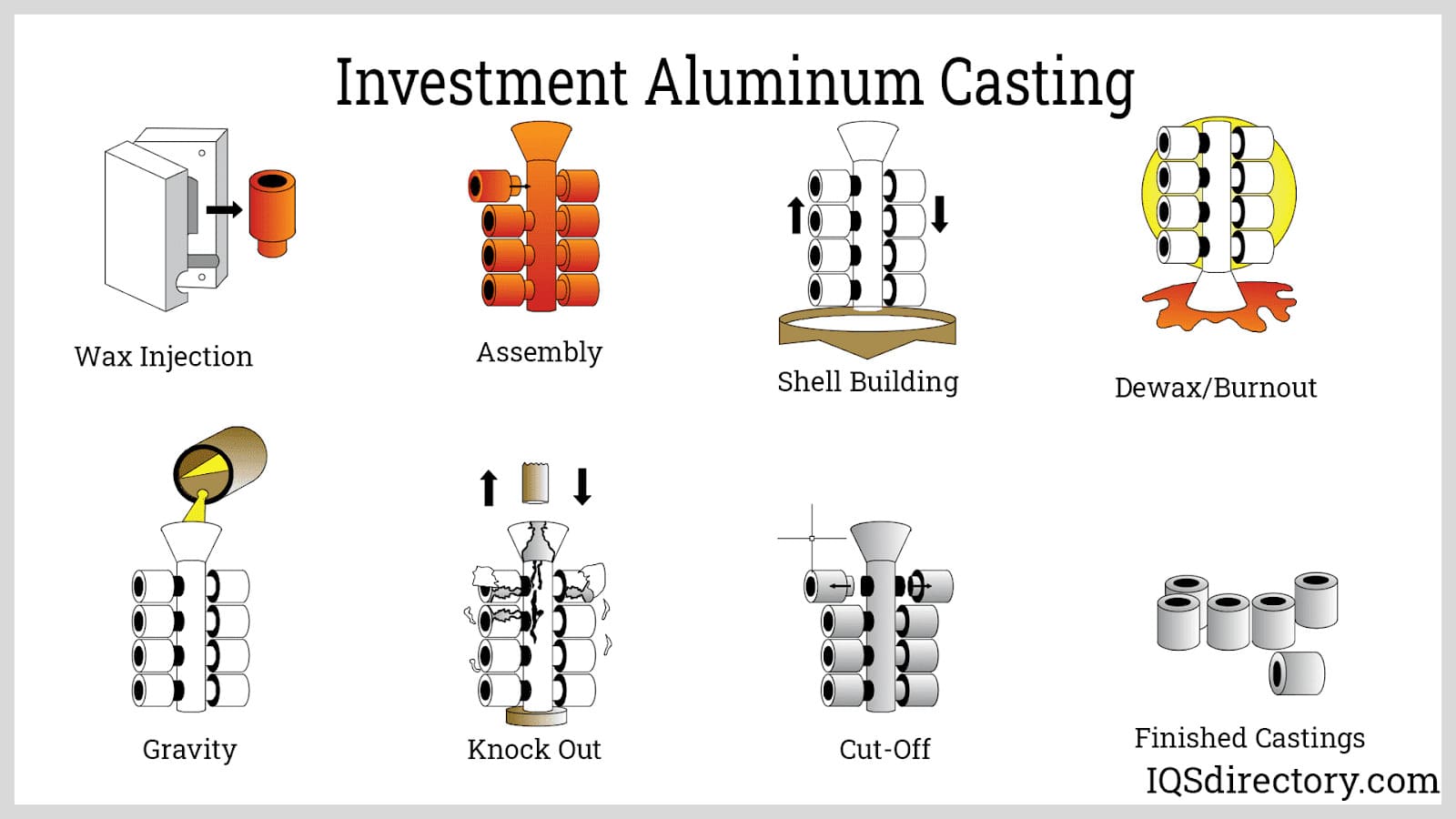Alcast Company Fundamentals Explained
Alcast Company Fundamentals Explained
Blog Article
The 3-Minute Rule for Alcast Company
Table of ContentsAlcast Company Can Be Fun For EveryoneThe 25-Second Trick For Alcast CompanyOur Alcast Company StatementsSome Of Alcast CompanyAll About Alcast CompanyAbout Alcast Company
The refined difference lies in the chemical material. Chemical Comparison of Cast Aluminum Alloys Silicon advertises castability by decreasing the alloy's melting temperature level and improving fluidity throughout spreading. It plays a crucial duty in enabling intricate molds to be filled up precisely. In addition, silicon adds to the alloy's stamina and use resistance, making it useful in applications where longevity is vital, such as auto components and engine elements.It likewise improves the machinability of the alloy, making it simpler to refine right into completed products. In this means, iron contributes to the overall workability of aluminum alloys. Copper raises electric conductivity, making it useful in electric applications. It also boosts deterioration resistance and contributes to the alloy's general toughness.
Manganese adds to the strength of aluminum alloys and improves workability. Magnesium is a light-weight aspect that provides toughness and impact resistance to light weight aluminum alloys.
What Does Alcast Company Do?
Zinc improves the castability of light weight aluminum alloys and assists regulate the solidification procedure during spreading. It boosts the alloy's toughness and firmness.

The main thermal conductivity, tensile stamina, yield strength, and prolongation differ. Select suitable resources according to the efficiency of the target product produced. Among the above alloys, A356 has the greatest thermal conductivity, and A380 and ADC12 have the most affordable. The tensile limitation is the opposite. A360 has the most effective return stamina and the highest possible prolongation rate.
Everything about Alcast Company

In accuracy casting, 6063 is appropriate for applications where intricate geometries and high-grade surface finishes are vital. Instances consist of telecommunication enclosures, where the alloy's remarkable formability enables streamlined and cosmetically pleasing styles while keeping architectural integrity. In the Lighting Solutions market, precision-cast 6063 parts develop classy and efficient lights components that require complex shapes and great thermal efficiency.
The A360 displays premium elongation, making it suitable for facility and thin-walled components. In precision spreading applications, A360 is well-suited for sectors such as Customer Electronic Devices, Telecommunication, and Power Devices.
4 Easy Facts About Alcast Company Explained
Its unique properties make A360 a useful option for precision casting in these sectors, enhancing item resilience and quality. aluminum casting manufacturer. Aluminum alloy 380, or A380, is a commonly used casting alloy with numerous distinct characteristics.
In accuracy casting, light weight aluminum 413 shines in the Consumer Electronics and Power Tools sectors. This alloy's exceptional rust resistance makes it an outstanding choice for outside applications, guaranteeing durable, sturdy items in the pointed out sectors.
How Alcast Company can Save You Time, Stress, and Money.
The light weight aluminum alloy you select will considerably influence both the casting procedure and the homes of the final product. Since of this, you must make your decision thoroughly and take an educated strategy.
Figuring out the most appropriate aluminum alloy for your application will certainly indicate considering a vast selection of qualities. The very first classification addresses alloy characteristics that impact the production process.
Not known Details About Alcast Company
The alloy you choose for die casting directly affects several facets of the spreading procedure, like exactly how easy the alloy is to function with and if it is susceptible to casting issues. Hot breaking, likewise recognized as solidification cracking, is a regular die casting problem for aluminum alloys that can cause inner or surface-level tears or splits.
Particular light weight aluminum alloys are more prone to hot splitting than others, and your option ought to consider this. Another typical flaw located in the die casting of aluminum is pass away soldering, which is when the actors adheres to the die walls and makes ejection difficult. It can harm both the actors and the die, so you ought to try to find alloys with high anti-soldering homes.
Rust resistance, which is currently a noteworthy attribute of aluminum, can differ significantly from alloy to alloy and is a crucial characteristic to consider relying on the environmental problems your product will certainly be subjected to (Aluminum Casting). Use resistance is another residential property typically looked for in light weight aluminum products and can set apart some alloys
Report this page